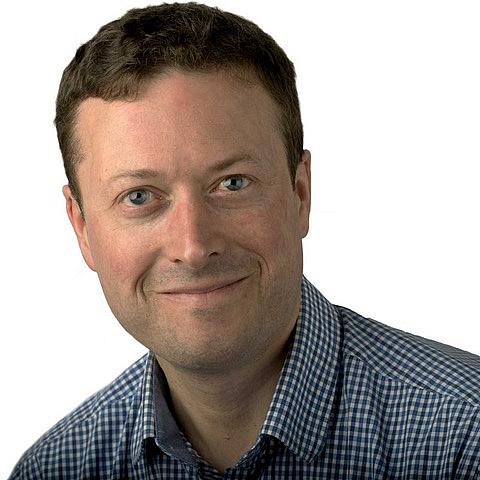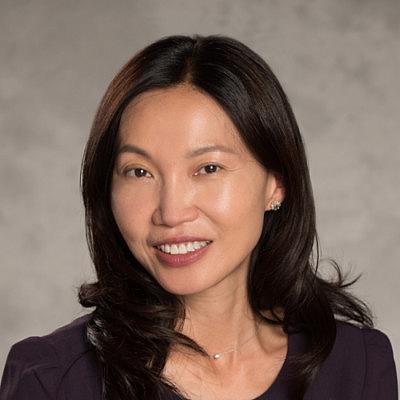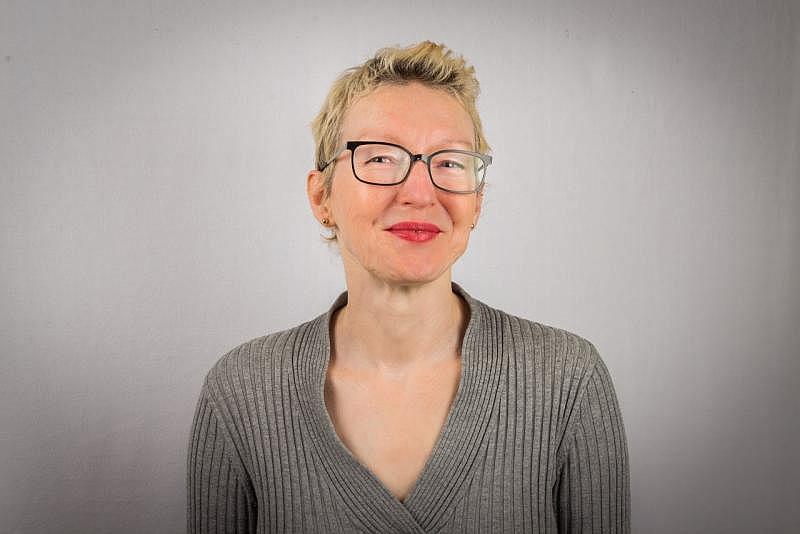Covering Coronavirus: The Economy or Your Health?
All 50 states are reopening their economies in phases after an unprecedented lockdown and economic plunge not seen since the Great Depression. Officials have had to weigh the damage to workers and families from the ongoing shutdowns against the risks posed by the potentially deadly virus. Yet as more and more Americans head back to work and play, people are relaxing their vigilance and confirmed COVID-19 infections are soaring past April records. New outbreaks in states such as Arizona and Texas are pushing hospitals to their limit, long before the feared “second wave” and the expected for flu season this fall and winter. “I don’t think we’re going to see one, two and three waves,” said prominent epidemiologist Dr. Michael Osterholm recently. “I think we’re going to just see one very, very difficult forest fire of cases.” In this webinar, we’ll look at where we stand in the reopening, what policies and practices might reduce health risks, and how journalists can tell urgent stories of workers and families forced to choose between their health and their economic survival.
Webinars are free and made possible by The California Endowment, the National Institute for Health Care Management Foundation and the Commonwealth Fund.
Panelists

Jim Tankersley covers economic and tax policy for The New York Times. His first book, "The Riches of This Land: The Untold True Story of America's Middle Class," will be published by Public Affairs Books in August. Over more than a decade covering politics and economics in Washington, he has written extensively about the stagnation of the American middle class and the decline of economic opportunity in wide swaths of the country. He was previously policy and politics editor at Vox and before that, an economics reporter for The Washington Post. He covered the 2008 presidential campaign for The Chicago Tribune and began his career working for The Oregonian, The Rocky Mountain News and The Toledo Blade. He and a Blade colleague won the 2007 Livingston Award for Young Journalists for a series of stories exploring how the Ohio economy declined so dramatically over the course of a generation. An Oregon native, Tankersley is graduate of Stanford University, an avid camper and backpacker and the father of an 11-year-old named Max.

Haeyoung Yoon is senior policy director at the National Domestic Workers Union, an advocacy organization promoting the rights of domestic workers in the United States. Previously, she was a deputy program director at the National Employment Law Project (NELP) in New York City, where she co-directed NELP’s Good Jobs program that developed strategic policies to create good jobs, enforce and strengthen workplace rights, and build ladders and upward mobility for low-wage and immigrant workers in the U.S. labor market. Over the course of her career, she has worked on low-wage and immigrant rights issues in the non-profit and academic sectors. Ms. Young provided critical legal and other campaign support for the successful passage of the New York Domestic Workers Bill of Rights, the first-of-its kind to win expanded and industry-specific rights for domestic workers. At the Urban Justice Center, she represented low-wage and immigrant workers working in service industries, including domestic work, restaurant and construction in wage and hour litigation. Prior to joining NELP, she was executive director of CAAAV Organizing Asian Communities. She has taught at the New York University School of Law, co-directing its Immigrant Rights Clinic, and the Brooklyn Law School.

Jan Gurley, M.D. is a writer, an internal medicine physician and a public health leader. She works for the San Francisco Department of Public Health, where she has held a variety of roles. She currently works in Communicable Disease and Prevention during the Covid – 19 pandemic, writing guidance on the City's responses as a Special Project Advisor. From 2018, she was Director of Public Health Emergency Preparedness and Response for San Francisco. Dr. Gurley also has worked in DPH as a practicing physician and the Medical Director of clinics serving communities disproportionately impacted by structural racism, homelessness, and trauma. She has been Medical Director of Curry Senior Center, a clinic for geriatric patients experiencing homelessless in SF's Tenderloin district, as well as Medical Director of Potrero Hill Health Center. She is also a recipient of a California Endowment-USC Annenberg Center for Health Journalism Fellowship, for which she produced a series of multimedia articles for SFGate, which won the Saffron Media Award. Her writing has been published in a wide variety of platforms, ranging from the New England Journal of Medicine to Salon. Views expressed by her are her own and not those of the Department of Public Health.
Suggested reading & resources
- “Reopenings, record cases and full hospitals: America’s dissonant response to the pandemic,” by Reis Thebault and Abigail Hauslohner, The Washington Post
- “As Reopening Starts, Americans Expect Recovery to Take Years,” by Jim Tankersley and Ben Casselman, The New York Times
- “Millions Relying on Pandemic Aid Can See Its End, and They’re Scared,” by Ben Casselman, The New York Times
- “Falling Jobless Rate Could Imperil Aid Underpinning the Recovery,” by Jim Tankersley, The New York Times
- “Black Workers, Already Lagging, Face Big Economic Risks,” by Jeanna Smialek and Jim Tankersley, The New York Times
- “With Jobless Benefits Set to Lapse, Congress Is at Odds Over an Extension,” by Emily Cochrane and Jim Tankersley, The New York Times
- “Reopening America,” Brookings
- Track the Recovery, Opportunity Insights Economic Tracker
- Nanny Employer Checklist, National Domestic Workers Alliance
- House Cleaner Employer Checklist, National Domestic Workers Alliance
